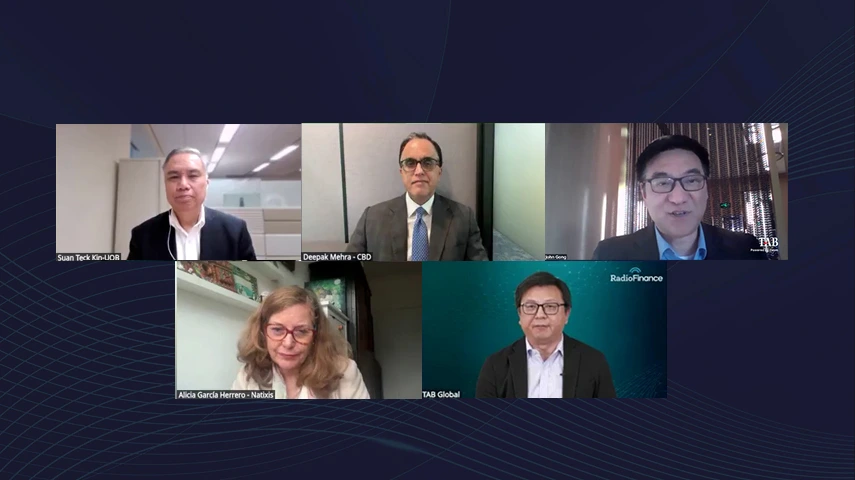Interviewed By Emmanuel Daniel
Craig Allen, president of the US-China Business Council (USCBC) met with The Asian Banker’s Emmanuel Daniel to discuss the impact of US-China trade tensions on foreign companies doing business in China, and anywhere in the world.
Allen observed that despite the tariffs that the United States (US) have put in place, trade between China and the US actually increased last year. Chinese exports to the US were up by 6.4% while US exports to China rose by 2%.
He shared his views about the playing field not being level when the Chinese government gives preference to state-owned enterprises (SOE) through its 130 industrial policies.
Allen said: “The direction of the momentum of regulatory change in China is towards more restrictions rather than opening up.”
China aspires to be in the Regional Comprehensive Economic Partnership (RCEP) and the Comprehensive and Progressive Agreement for Trans-Pacific Partnership (CPTPP).
Meanwhile, global businesses were concerned about the use of industrial subsidies in the 2022 US federal statutes, namely the Inflation Reduction Act, and also the CHIPS and Science Act that will boost American semiconductor research and development.
Allen commented: “Brussels feels that this is a form of subsidisation that would be prohibited under the World Trade Organisation. It’s not only the Chinese who are unhappy with these subsidies.”
Both the US and China governments are fighting for their companies in various third-world markets around the world. Allen said: “There’s a distrust, lack of confidence and indeed, protectionist measures being taken by both governments to support their own national champions and that leads to significant distortions in some markets, that are interesting to watch—and oftentimes—quite wasteful.”
USCBC was concerned about restrictions on data. Allen noted that national security in China is so intense that China would prefer not to continue to integrate into the global economy. It’s a matter of control or growth.
He described Chinese President Xi Jinping as a leader who talks about China’s common prosperity agenda, while US President Joe Biden strongly supports trade unions.
USCBC has about 270 institutional members, and emphasised the need for the US and Chinese leaders to talk, and to level the playing field.

As the global banking industry braces for a challenging 2025, it faces economic headwinds, geopolitical tensions, trade realignments, and the push for sustainability and technological innovation

The AWS Financial Services Symposium Singapore 2024 showcased how AI, data, and cloud technologies are revolutionising financial services. Industry leaders from AWS and HSBC shared insights into advancing innovation, regulatory responsibility…

On the eve of the Singapore Fintech Festival 2024, TAB Global and Temenos hosted an exclusive CXO networking reception at Swissotel, The Stamford. The gathering provided a relaxed setting for executives across the industry to connect and…

The Finance Philippines 2024: Leading Practitioner Roundtable on Technology Modernisation for Digital Banking and Lending Innovation explored the critical role of foundational technologies, financial inclusion, identity verification systems,…

On June 21, The Asian Banker held the 2024 Future of Finance China Summit in Beijing, themed "Challenges and Vision". The year 2024 is expected to be a challenging one globally due to intensified geopolitical tensions and increased trade…

By continuing to browse this website, you agree to our privacy policy.